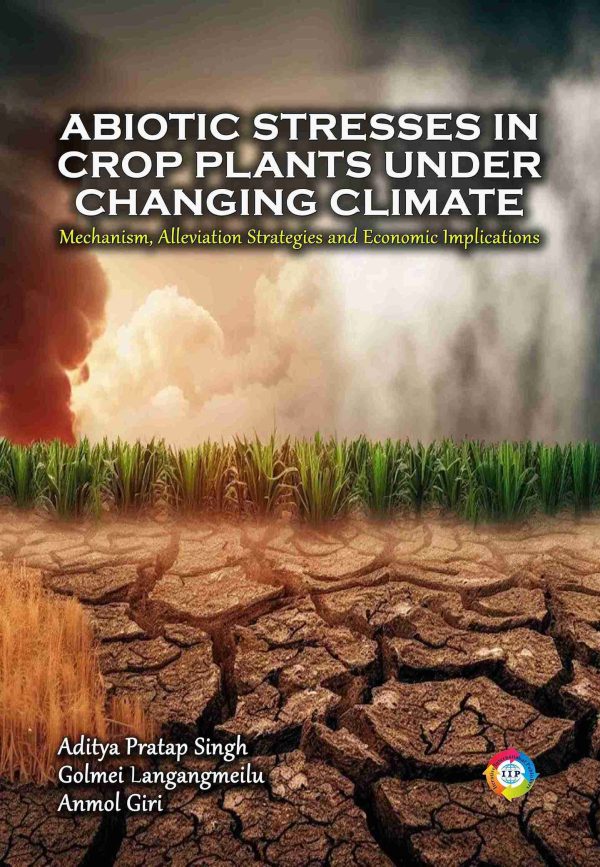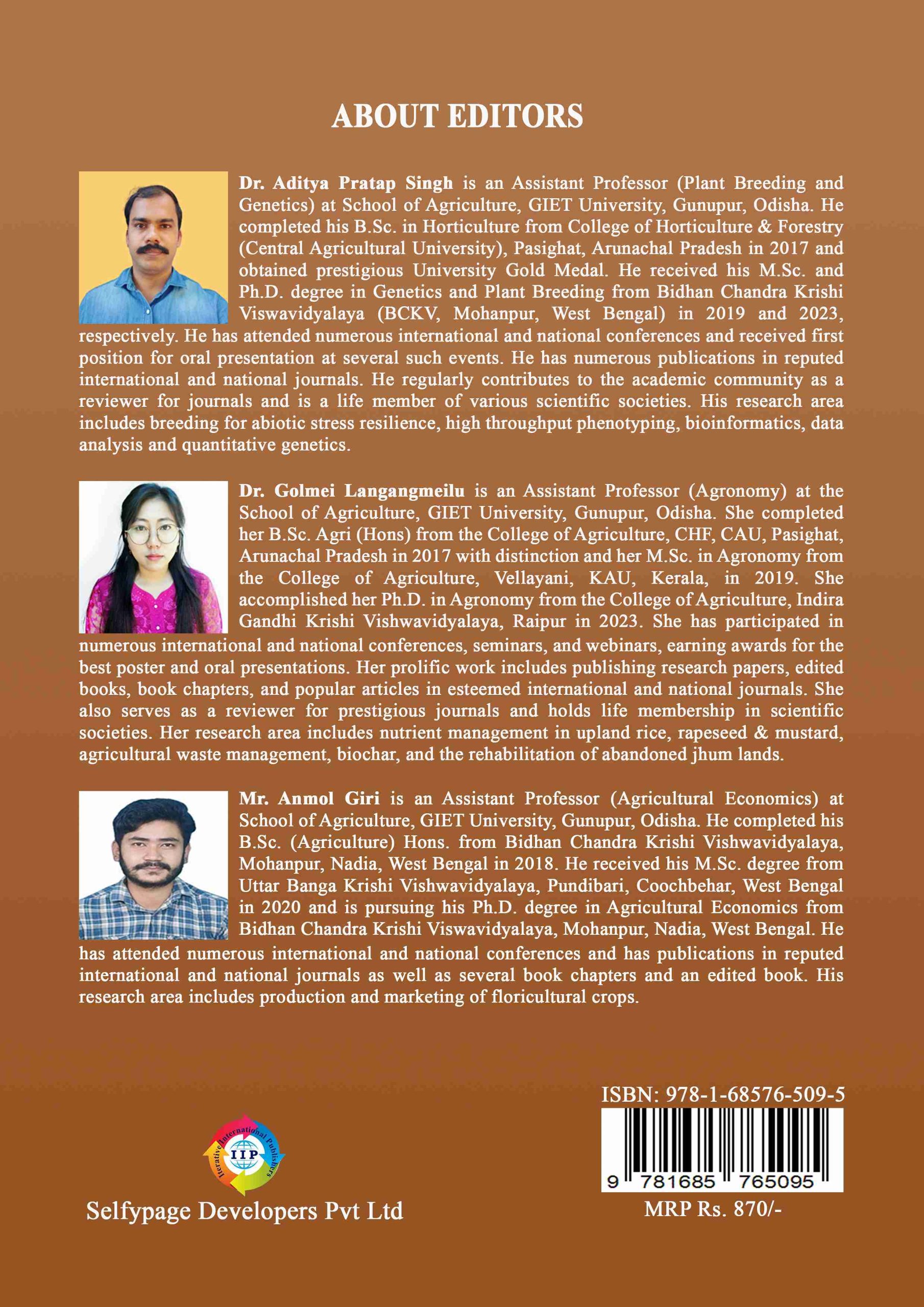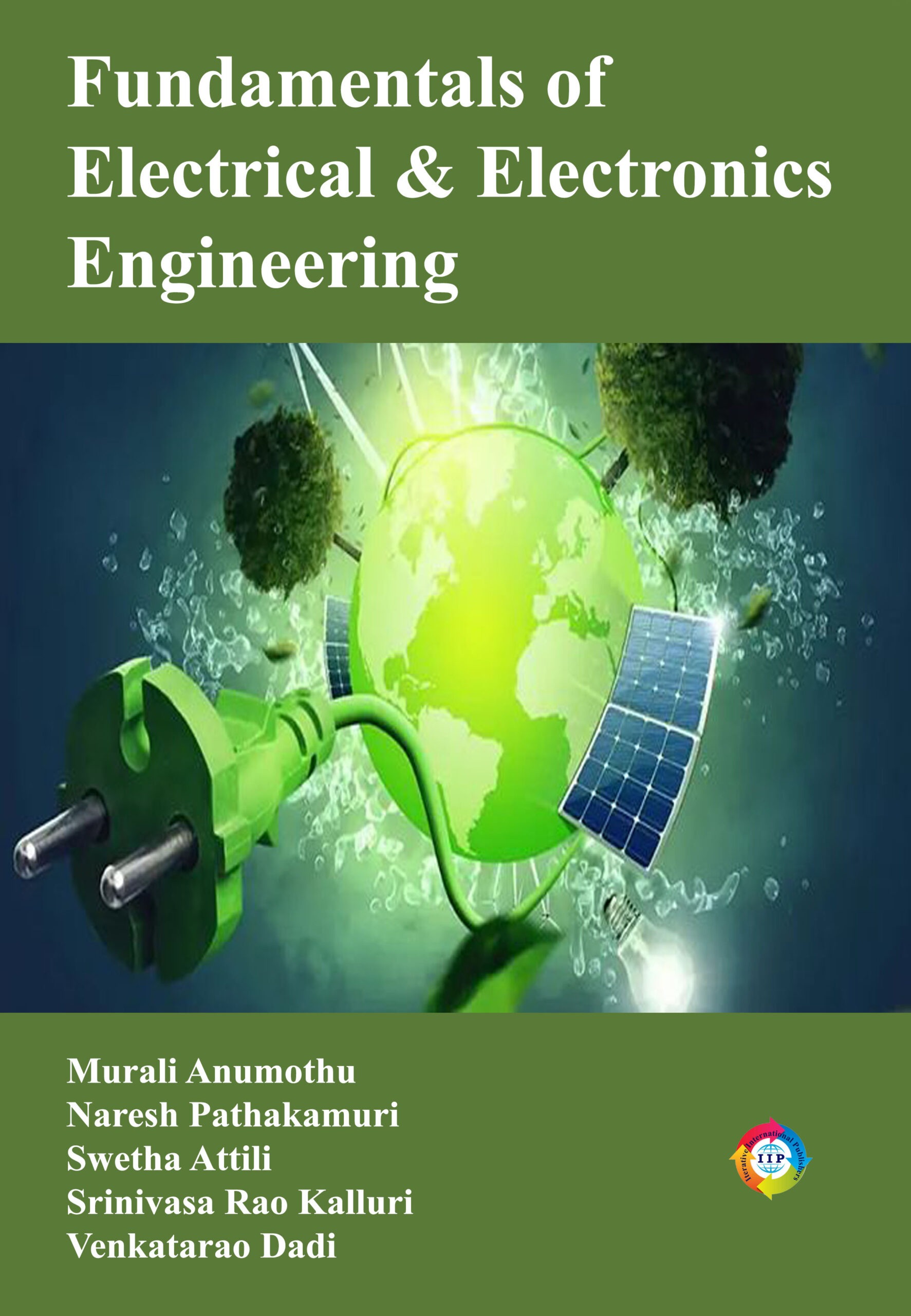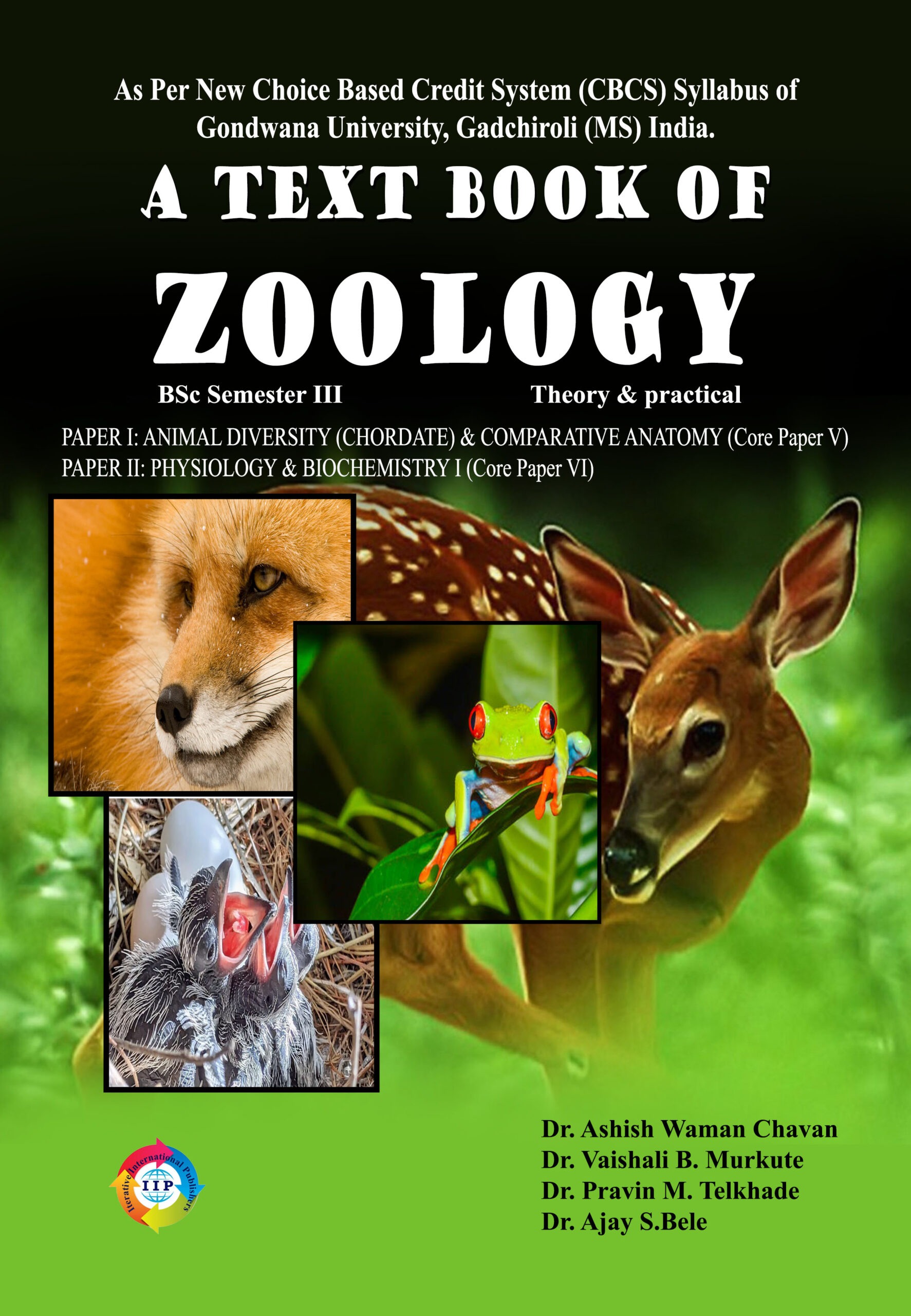In the face of the urgent challenges posed by climate change and environmental degradation, the importance of resilient agricultural systems cannot be overstated. This book, “Abiotic Stresses in Crop Plants: Mechanisms, Alleviation Strategies, and Economic Implications,” represents a thorough examination of the various abiotic stresses affecting crop plants and the mitigation strategies to sustain agricultural productivity.
We embark on this journey with an introduction to abiotic stresses in crop plants, providing a panoramic view of the environmental factors threatening crop growth and yield. From there, chapters discuss the physiological responses of crop plants to these stresses, unveiling the complex adjustments plants undergo to survive. Subsequent chapters explore cutting-edge strategies in climate-resilient crop breeding, genetic mechanisms of stress tolerance, and the breeding of stress-resilient crop varieties. These sections shed light on the potential of genetic engineering and breeding strategies to bolster resilience.
Furthermore, the following chapters explore the frontiers of omics and genome editing for stress tolerance, quantum biology in plants, and synthetic biology approaches to rewire stress response networks in crops. These chapters showcase the technological advancements that have transformed our understanding of stress physiology. As we progress, the focus shifts to practical applications and broader implications. Topics such as climate-smart agronomy, precision agriculture technologies for harsh environments, and sustainable farming practices are discussed, emphasizing the need to adapt agricultural practices to changing climates. In the final chapters, authors have examined the economic implications of abiotic stresses in agriculture, global collaborations for climate-resilient agriculture, modelling climate-resilient agricultural systems, policy frameworks for sustainable agriculture, and supply chain resilience. These sections underscore the socio-economic and policy dimensions of abiotic stresses in agriculture.
This book serves as a valuable resource for researchers, academics, students, and policymakers. This book is more than just a compilation of scientific knowledge. It is a call to action for all stakeholders in the agricultural sector to come together and work towards creating resilient, sustainable, and economically viable agricultural systems in the face of climate change. We hope that the readers will find this book insightful and inspiring, and that it will spark new ideas and discussions in the field of sustainable agriculture.









Reviews
There are no reviews yet.